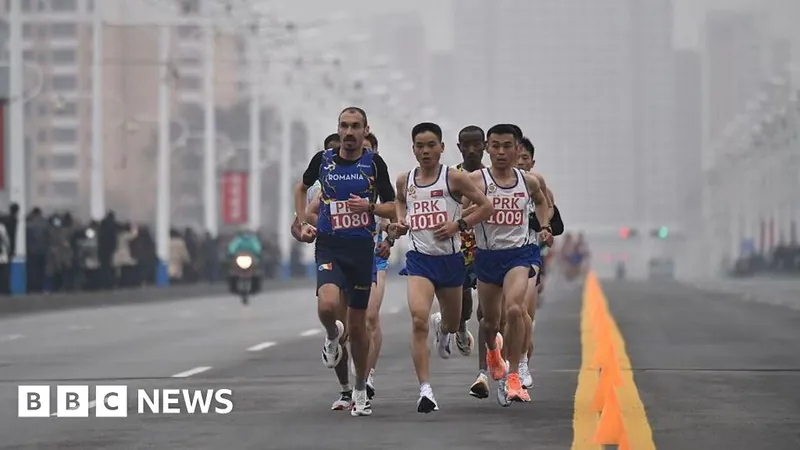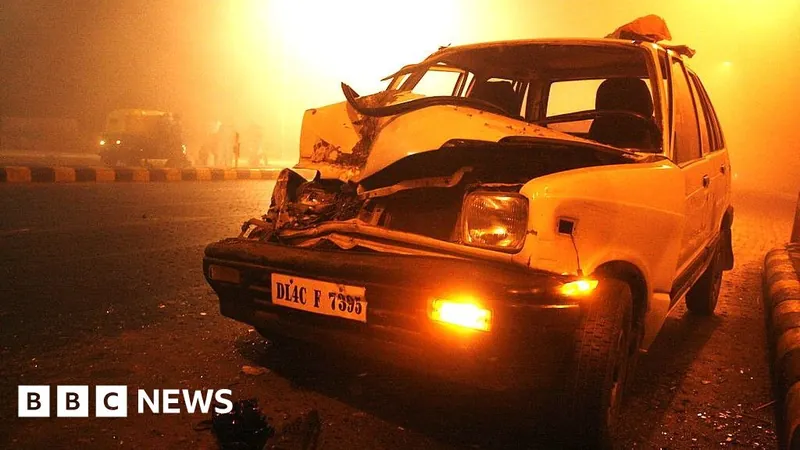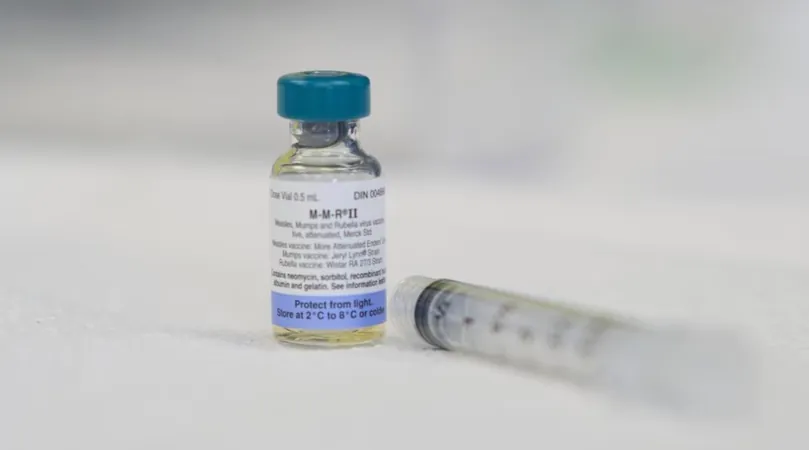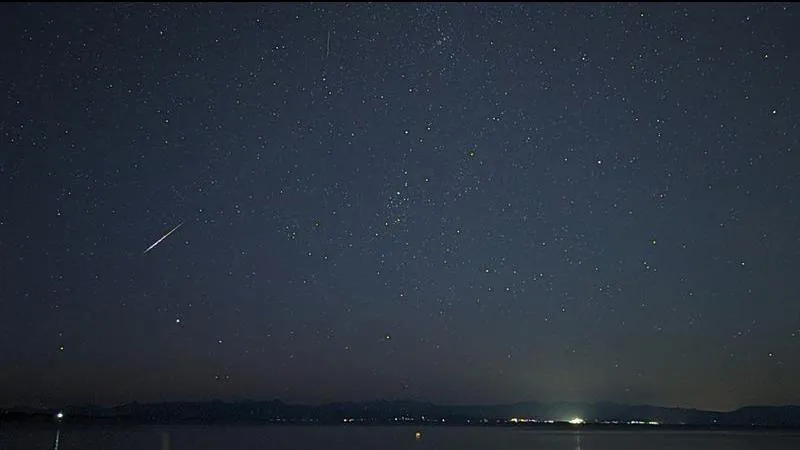
North Korea Revives Pyongyang International Marathon After Six-Year Hiatus!
2025-04-07
Author: Benjamin
North Korea Resumes Pyongyang International Marathon
North Korea has officially resumed the Pyongyang International Marathon, marking its first occurrence in six years and drawing around 200 international runners to the vibrant streets of its capital. This highly anticipated event returned after a long pause due to the global pandemic that left the country isolated from the world.
History of the Marathon
Initially launched in 1981, the marathon has become a significant annual event, typically held in April to commemorate the birth of the nation’s founding leader, Kim Il Sung. The last race prior to this year took place in 2019, attracting nearly 950 foreign participants. North Korea effectively sealed itself off in early 2020, responding to the Covid-19 outbreak.
Tourism and Participation
Despite the slow reopening process, the state's tourism strategies have primarily revolved around selectively welcoming Russian tourists. This year, participants had to enter North Korea as part of organized tour groups, reminiscent of pre-pandemic travel protocols.
Koryo Tours' Exclusive Packages
A prominent travel agency based in Beijing, Koryo Tours, has positioned itself as an "exclusive partner" for the marathon, offering unique six-day tours priced at approximately €2,195 (about $2,406), which include flights from Beijing. Their promotional materials emphasize that the Pyongyang Marathon is a once-in-a-lifetime experience, where runners can interact with locals, deepening their understanding of North Korean culture.
The Marathon Course
The marathon course transported runners past a plethora of remarkable landmarks, including the iconic Kim Il Sung Stadium, the monumental Arch of Triumph commemorating Korea's resistance against Japanese occupation, and the upscale Mirae Future Scientists' Street, a residential area dedicated to the nation's scientific elite.
Community Support and Athlete Experience
Images circulating on social media illustrate a lively atmosphere at the stadium, with residents enthusiastically cheering for the competitors, many of whom waved gold-colored flags—an emblem of national pride.
Pak Kum Dong, a local athlete, shared his sentiments with Reuters, stating, "The eyes of our people on me helped me to bear the difficulties whenever I feel tired." His words highlight the profound sense of support within the North Korean community.
Outlook on Future Events
While details surrounding race results have not been disclosed, the marathon's successful revival symbolizes a cautious step towards reopening the country, which only began rolling back its stringent Covid-19 measures in mid-2023. Earlier this year, North Korea allowed limited access for some Western tourists to the remote city of Rason, but this was short-lived, as those tours were suspended shortly thereafter.
As the world watches, North Korea's gradual reopening raises questions about future events and the potential for increased international engagement. Will we see more marathons in the future, or could this be a one-time spectacle? Only time will tell!









 Brasil (PT)
Brasil (PT)
 Canada (EN)
Canada (EN)
 Chile (ES)
Chile (ES)
 Česko (CS)
Česko (CS)
 대한민국 (KO)
대한민국 (KO)
 España (ES)
España (ES)
 France (FR)
France (FR)
 Hong Kong (EN)
Hong Kong (EN)
 Italia (IT)
Italia (IT)
 日本 (JA)
日本 (JA)
 Magyarország (HU)
Magyarország (HU)
 Norge (NO)
Norge (NO)
 Polska (PL)
Polska (PL)
 Schweiz (DE)
Schweiz (DE)
 Singapore (EN)
Singapore (EN)
 Sverige (SV)
Sverige (SV)
 Suomi (FI)
Suomi (FI)
 Türkiye (TR)
Türkiye (TR)
 الإمارات العربية المتحدة (AR)
الإمارات العربية المتحدة (AR)